ALPRAZOLAM DISINTEGRATING TABLET - ORAL
PHONETIC PRONUNCIATION: (al-PRA-zoe-lam)
COMMON BRAND NAME(S): Niravam
GENERIC NAME(S): alprazolam
Uses
USES: This medication is used to treat certain anxiety and panic disorders. Alprazolam belongs to a class of medications called benzodiazepines. It acts on the brain and nerves to produce a calming effect and helps relieve panic and anxiety symptoms. It works by enhancing the effects of a certain natural chemical in the body (GABA).
How to use ALPRAZOLAM DISINTEGRATING TABLET - ORAL
HOW TO USE: Read the Medication Guide provided by your pharmacist before you start taking alprazolam and each time you get a refill. If you have any questions, ask your doctor or pharmacist. Take this medication by mouth as directed by your doctor. Dosage is based on your medical condition, age, and response to treatment. Your dose may be gradually increased until the drug starts working well. Follow your doctor's instructions closely to reduce the risk of side effects. It is best not to take this medication with a high-fat meal because absorption may be slowed. Make sure your hands are dry before you are ready to take this medication. Place the tablet on top of your tongue immediately after removing it from the bottle. The tablet will dissolve in your mouth. Although it is not necessary to take this medication with any liquid, you may take it with water. If your dose is only half a tablet, be sure to throw away the unused portion of the tablet. Do not save it for future use because it may become inactive. This medication may cause withdrawal reactions, especially if it has been used regularly for a long time or in high doses. In such cases, withdrawal symptoms (such as seizures) may occur if you suddenly stop using this medication. To prevent withdrawal reactions, your doctor may reduce your dose gradually. Report any withdrawal reactions right away. Though it helps many people, this medication may sometimes cause addiction. This risk may be higher if you have a substance use disorder (such as overuse of or addiction to drugs/alcohol). Take this medication exactly as prescribed to lower the risk of addiction. Ask your doctor or pharmacist for more details. When this medication is used for a long time, it may not work as well. Talk with your doctor if this medication stops working well. Tell your doctor if your condition persists or worsens.
Side Effects
Precautions
Interactions
Overdose
Images
Reviews
Faq for ALPRAZOLAM DISINTEGRATING TABLET - ORAL
Alprazolam Disintegrating Tablet is used for the treatment of anxiety disorders and panic disorder with or without agoraphobia.
Alprazolam Disintegrating Tablet belongs to the class of medications called benzodiazepines. It works by enhancing the effects of a natural chemical in the body called gamma-aminobutyric acid (GABA), which helps to calm the brain and nerves.
The recommended dosage of Alprazolam Disintegrating Tablet varies depending on the individual's condition and response to treatment. It is important to follow the dosage instructions provided by the healthcare professional.
Alprazolam Disintegrating Tablet should be taken by mouth as directed by the healthcare professional. It can be taken with or without food. The tablet should not be crushed, chewed, or swallowed whole; it should be allowed to dissolve on the tongue.
Common side effects of Alprazolam Disintegrating Tablet may include drowsiness, dizziness, increased saliva production, or change in sex drive/ability. If any of these effects persist or worsen, it is important to notify the healthcare professional promptly.
Yes, Alprazolam Disintegrating Tablet has the potential for addiction and abuse. It should be taken only as prescribed and for the shortest duration possible.
Alprazolam Disintegrating Tablet should not be used in individuals with a history of allergic reactions to benzodiazepines. It may also interact with certain medications, substances, or medical conditions. It is important to disclose your complete medical history and current medications to the healthcare professional before starting Alprazolam Disintegrating Tablet.
No, alcohol should be avoided while taking Alprazolam Disintegrating Tablet as it can intensify the sedative effects of the medication and increase the risk of side effects.
Alprazolam Disintegrating Tablet should be avoided during pregnancy as it may cause harm to the developing fetus. It is also not recommended during breastfeeding as it can pass into breast milk and may have undesirable effects on the nursing infant. Consult with the healthcare professional for safer alternatives.
Warning
WARNING: Taking alprazolam with opioid medications (such as codeine, hydrocodone) may increase your risk of very serious side effects, including death. To lower your risk, your doctor should have you take the smallest dose of alprazolam that works, and take it for the shortest possible time. Get medical help right away if any of these very serious side effects occur: slow/shallow breathing, unusual lightheadedness, severe drowsiness/dizziness, difficulty waking up.
Disclaimer
IMPORTANT: HOW TO USE THIS INFORMATION: This is a summary and does NOT have all possible information about this product. This information does not assure that this product is safe, effective, or appropriate for you. This information is not individual medical advice and does not substitute for the advice of your health care professional. Always ask your health care professional for complete information about this product and your specific health needs.
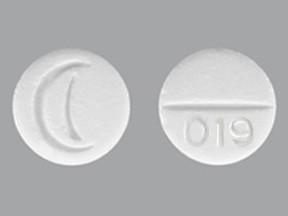
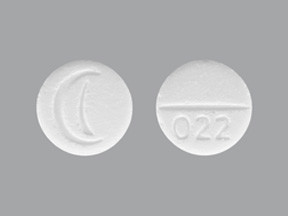
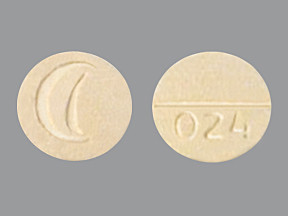
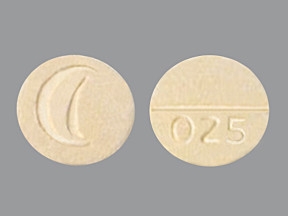

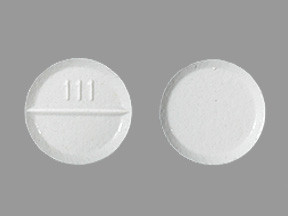
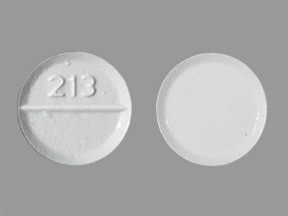
No Reviews Yet